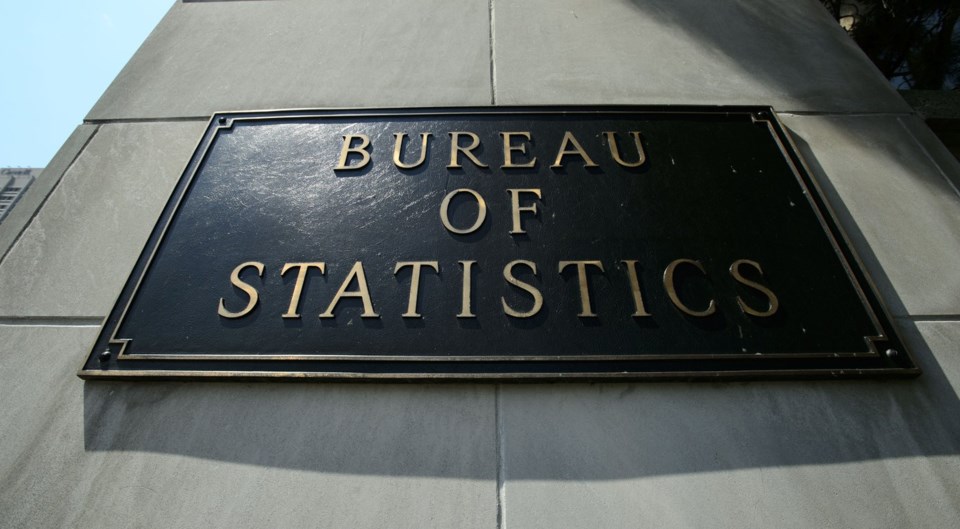OTTAWA ŌĆö sa╣·╝╩┤½├Į's inflation rate climbed back up to two per cent in October, shifting expectations slightly in favour of a smaller, quarter-percentage point interest rate cut next month.
The report from Statistics sa╣·╝╩┤½├Į on Tuesday said prices in October increased at a faster annual pace in five out of the eight major components of the consumer price index.
A major driving factor of the uptick in headline inflation was gasoline prices on an annual basis falling to a lesser extent in October compared with September.
BMO chief economist Douglas Porter said while inflation rising again to two per cent isn't a huge surprise, the report was a "mild disappointment."
"I think it just reminds us that this is not just a one way trip lower for inflation," Porter said.
With inflation back around the Bank of sa╣·╝╩┤½├ĮŌĆÖs two per cent target, the central bank is still expected to continue cutting interest rates in the coming months, including in December.
The size of the next rate cut, however, will be driven by the central bankŌĆÖs interpretation of economic data, including the October inflation figures.
Its key interest rate currently stands at 3.75 per cent.
"Price pressures accelerated by more than expected in October, representing a step back for the Bank of sa╣·╝╩┤½├Į, but that follows a string of reports that were steps forward," wrote CIBC senior economist Katherine Judge in a client note.
The Bank of sa╣·╝╩┤½├Į lowered its key interest rate by half a percentage point last month in response to plummeting inflation. But it had acknowledged that price growth would likely jump back up after falling to 1.6 per cent, making Tuesday's report less of a surprise.
Forecasters like Porter who are expecting a quarter-point cut say Tuesday's report solidifies that prediction.
He said a larger rate cut isn't necessary given the economy is still chugging along and inflation is back up.
"The unemployment rate, at least for a couple months, has stopped rising, which is good news. An now we even get a little bit of a backup in underlying inflation today. And so I think the urgency to cut 50 (basis points) is really not there," Porter said.
In the U.S., inflation also ticked back up in October to 2.6 per cent, up from 2.4 per cent in September.
Chair Jerome Powell said last week that the U.S. Federal Reserve will likely cut its key interest rate slowly and deliberately in the coming months, in part because inflation has shown signs of persistence and the central bank officials want to see where it heads next.
Porter warned it would not be prudent for the Bank of sa╣·╝╩┤½├Į to go for a larger rate cut, particularly as the Federal Reserve signals it will be cautious.
The Bank of sa╣·╝╩┤½├Į will also have new gross domestic product data to consider as well as the November jobs report before its Dec. 11 announcement.
The central bankŌĆÖs interest rate cuts have helped take pressure off shelter price inflation as mortgage interest costs decelerate.
Pressure in the rental market has also relented, with rent rising 7.3 per cent from a year ago, down from an 8.2 per cent annual gain in September.
Property taxes and other special charges rose at the fastest annual pace since 1992, increasing six per cent from a year ago. That was up from a 4.9 per cent annual increase in October 2023.
Meanwhile, grocery prices increased faster last month, rising 2.7 per cent from a year ago.
The Bank of sa╣·╝╩┤½├ĮŌĆÖs preferred core measures of inflation, which strip out volatile prices, picked back up again last month.
This report by The Canadian Press was first published Nov. 19, 2024.
ŌĆö With files from The Associated Press.
Nojoud Al Mallees, The Canadian Press



